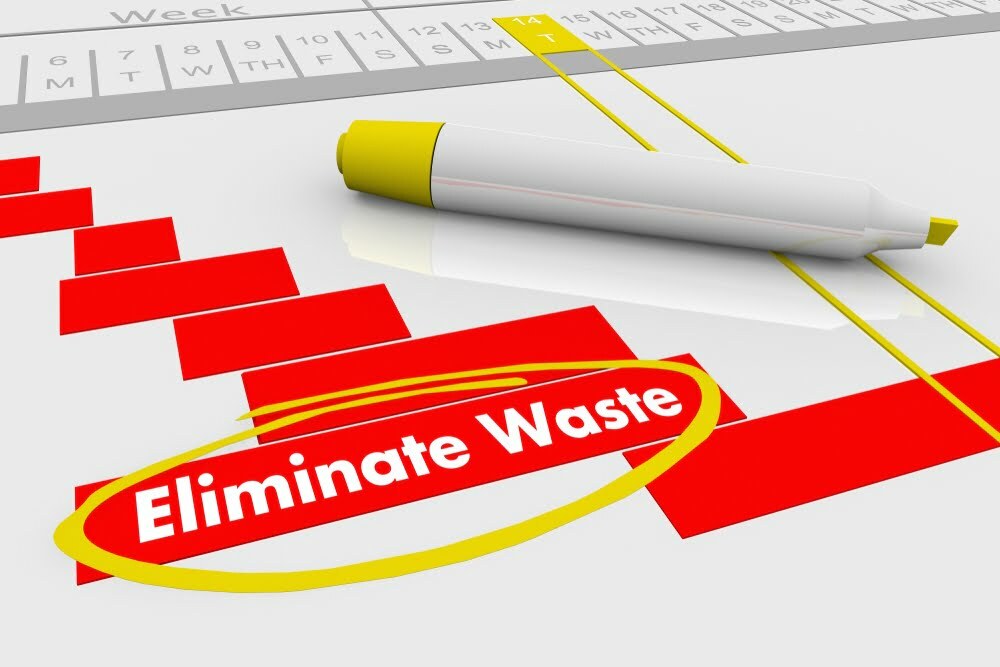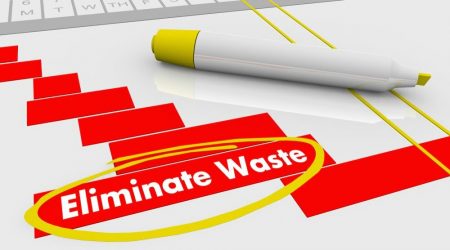Before starting a major project, it is critical to consider how you’ll manage the waste generated. This is where a waste management plan can be beneficial for construction projects. A waste management plan is the list of goals you set to manage construction waste.

The waste management plan is generally created by the head contractor of the job and outlines specifications for reuse, salvage, and recycling. The plan also serves as a breakdown to clients on how the waste will be disposed of for their job. A waste management plan is made specific to a site or a job and should not be reused for different scenarios.
So, what goes into a successful waste management plan? Your waste management plan should cover the following:
1. Manager
Choose a person to be responsible for waste management on site. This person makes sure the plan is followed.
2. Goals
Your goals should outline your exact objectives of your waste management plan and should relate to the following subjects:
- Eliminating waste generation
- Recycling and reusing waste created from the job
- Sorting the waste into designated roll off waste management dumpsters
- Using construction methods that allow for waste diversion
- Using products and materials that contribute to waste reduction
3. Waste Estimates
Predict the types and amounts of waste that your job will produce. One great way to do this is through using general construction industry averages.
4. Targets
Your waste management plan should outline specific targets for the amount of materials to be recycled further broken down into different categories of waste. Be sure to explain how different types of waste can be recycled or reused, and how these materials should be handled and sorted into roll off waste management dumpsters.
5. Waste Destinations
Do some research on local recycling and recovery outlets to find options for collection. Your plan should include a list of recycling and dump sites along with their contact information at your site’s office for reference.
6. Material Handling
This segment of your plan should specify all recycled and secondhand materials used on your project. This section should also cover storage measures used to protect your waste so that it meets requirements to be accepted at the waste management facilities.
7. Tracking
Perhaps one of the most important parts of your plan is the tracking portion. Keep detailed records of waste recycled or reused, waste removed, and the related cost.
8. Training
This section should cover how all workers will be trained about this plan. Any related educational documentation should be attached too.
9. Deconstruction Methods
If your project involves deconstruction, this section should lay out how the deconstruction sequencing should work and include any methodology to be followed. If materials have a special handling, this should also be covered in this section as well.
10. Project Review
When you finish your project, sit down and review how the plan went. Go over the strengths, weaknesses, and future improvements that could be made.
Looking for Help Creating Your Waste Management Plan Near Mobile, Alabama?
Circle J Roll Offs can help you craft a waste management plan suited for your project which should include waste management dumpster rental. Give us a call at (215) 661-0001 or fill out our online form and we’ll get in touch with you.




